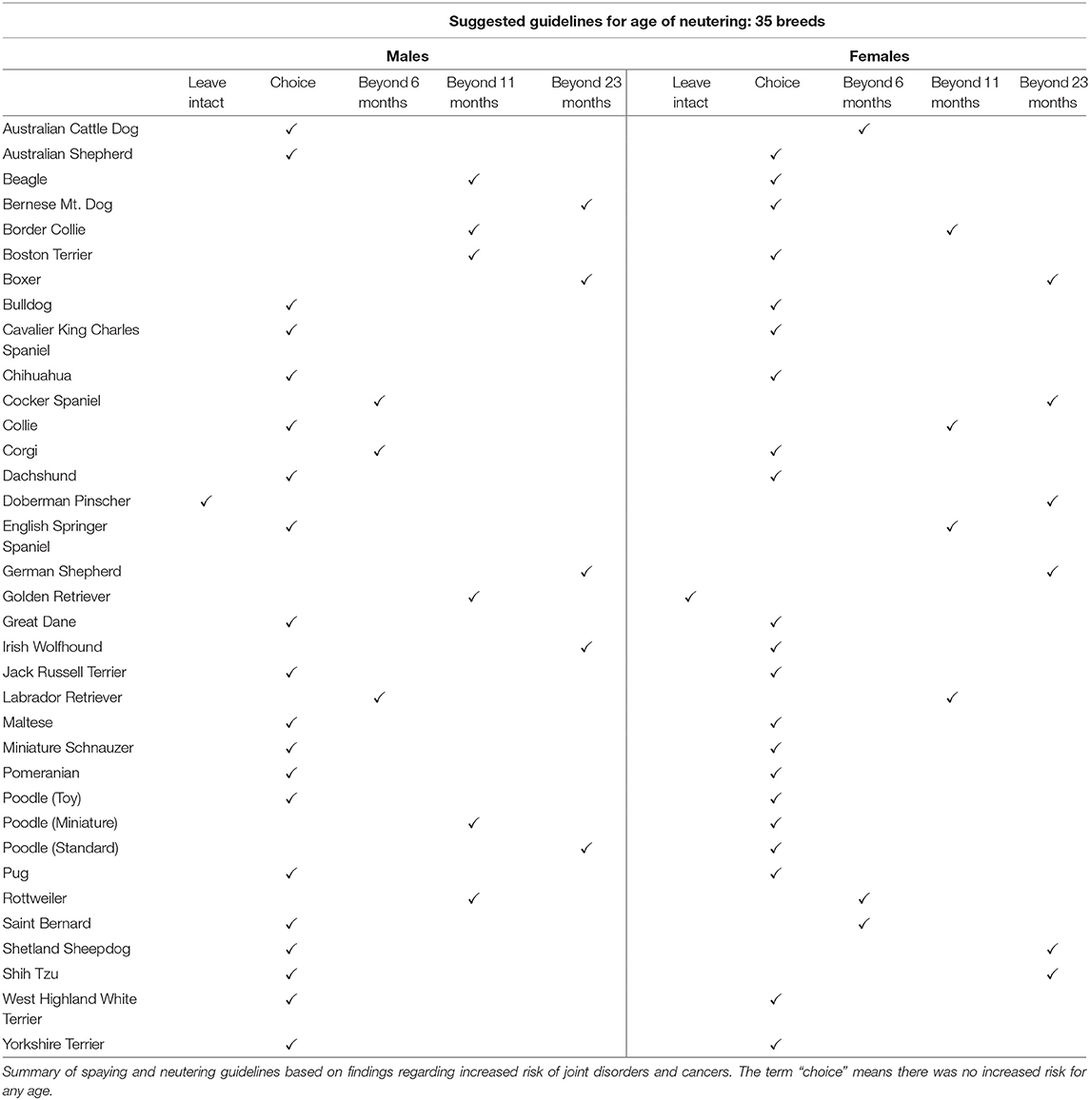Desexing
At Maraboon Vet Surgery, we recommend all animals to be desexed if you are not planning on breeding. Unwanted pregnancies occur all the time and there are so many pets in the world looking for homes already, so it is our strong suggestion to desex your beloved pets. However, we also firmly believe that each individual animal requires a tailored approach to determine when is the best time to desex (considering all factors such as breed, size, home circumstances and gender). The following information explains the procedure, and also discusses when to desex your pets.
Pet Desexing - Spay vs Castrate
Having your cat or dog sterilised/desexed is a common surgical day procedure performed under a general anaesthetic by Veterinarians. In female dogs and cats, the surgery is called spaying or ovariohysterectomy – and involves the removal of the uterus and ovaries. In male dogs and cats, the surgery is called a castration – and involves the removal of both testes.
Benefits of Desexing Your Pet
Desexing is generally recommended because it:
- Prevents unwanted pregnancies in female dogs and cats
- Stops pets coming into season (which can be difficult to manage at home).
- Can prevent reproductive behaviours such as calling and yowling in cats
- Reduces some behaviours like aggression and wandering instincts in male dogs and cats.
- Reduce the likelihood of them roaming and being involved in fights or accidents.
- Other gender based health benefits:
- Females -
- Reduces risk of mammary tumours
- Prevents medical conditions such as an infected uterus (called pyometra)
- Eliminates the risk of cancers of the ovaries and uterus.
- Males -
- Reduces risk of prostatic disease and perianal tumours
- Eliminates the risk of testicular cancer.
- Females -
Age of Desexing Your Pet
Maraboon Veterinary Surgery recommends that you have your cat or dog de-sexed, and our veterinarians can provide specific advice on the best age to have your pet desexed based on their breed and species.
CATS
For cats, we recommend that they be desexed at 6 month of age as they can begin to breed around this age. This helps reduce the number of unwanted pregnancies and stray cats in the general population.
DOGS
It is important to know that your dog can get pregnant on its first heat, which generally occurs between 6 and 9 months of age (but can vary pet to pet). If you are unable to keep other dogs away from you pet, then it is recommended to desex at 6 months of age to prevent unwanted pregnancies.
However, if you are able to confidently keep other dogs away from your dog, there is now evidence that there may be some advantages in delayed desexing for certain breeds.
- Small breeds (under 10kg) - we recommend to be desexed at approximately 6 months of age.
- An exception to this are Dachshunds. There is some research that suggests that desexing Dachshunds after 12 months of age may reduce the incidence of Intervertebral Disc Disease (IVDD).
- Medium breeds of dogs (10-20kg) - we recommend to be desexed between 6-10 months of age.
- Large breeds (those that will grow to an adult size of over 20kg) - desexing surgery should be performed after 12 months of age. This will allow these dogs’ growth plates to close naturally which has been shown to help reduce the risk of certain orthopaedic diseases in these animals.
If you would like to book a consult to speak to a vet for more specific recommendations for your pet, give us a call on 49 876 800.
If you would like to read more in regards to the latest research for age recommendations for different breeds, please see the table below.

Dental cleaning
Does your pet have bad breath, difficulty eating or is off its food? These are common signs of dental disease. Dental disease occurs in 80% of pets over 3 years of age, and regular care is required to keep your pet's teeth healthy. We offer complimentary nurse dental checks to evaluate your individual pet’s dental needs. This may range from a simple diet change, adding in specific dental treats, regular brushing or the need for a full anaesthetized dental scale and polish. Although some owners are concerned about putting their pet under anaesthetic, rest assured that the risks of anaesthesia are small compared to the benefits of a healthy mouth. In order to provide "anaesthesia as safe as possible" we offer pre-anaesthetic blood work and optional intravenous fluids to ensure your pets safety.
Our experienced nurses and state of the art monitoring equipment also allows us to keep a very close eye on every patient. During the dental procedure all teeth will get a full ultrasonic scale and polish along with a fluoride treatment - to strengthen enamel and reduce tooth sensitivity. In addition to cleaning we also do gum surgery, tumor removal and extractions if required. We also have a variety of dental home care products to help maintain your pet's oral health. So come in and speak to our staff to see what is best for you and your pet.
General Surgery and Orthopedics
The veterinarians at the Maraboon Vet Surgery are experienced in a range of general surgery procedures and orthopedics. Ranging from eye surgery, to obstruction removal, to amputations and bone repairs, you’ll feel relieved knowing that some options will be available in house. With a fully stocked surgery theatre and capable staff, you won’t want to go anywhere else.